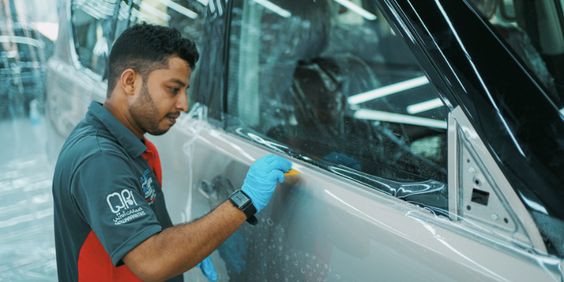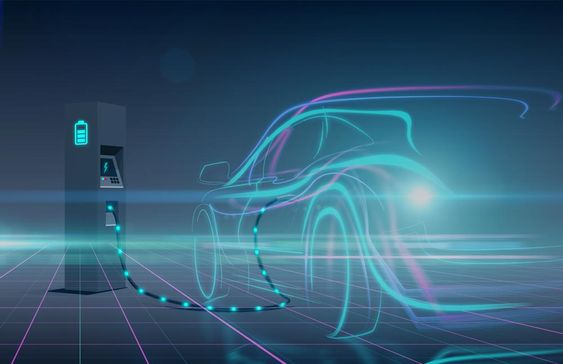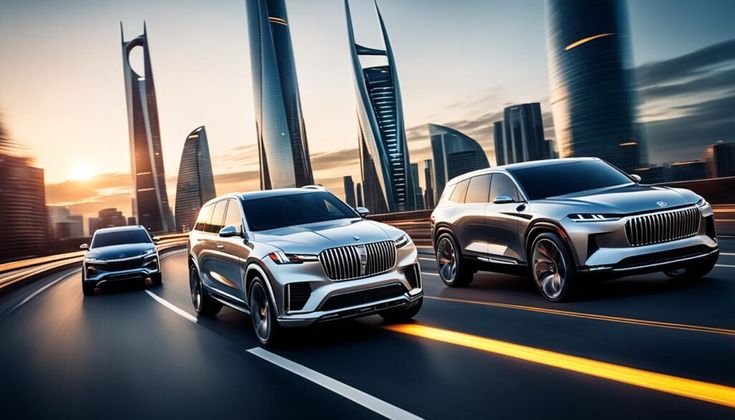Introduction:
The automotive industry is undergoing a period of rapid transformation, driven by technological advancements, evolving consumer preferences, and the pressing need for sustainability. In this dynamic landscape, strategic partnerships between car manufacturers are becoming increasingly common. These collaborations are not only fostering innovation and accelerating the development of new technologies but also shaping the future of mobility.

From joint ventures to technology sharing agreements, car manufacturers are recognizing the benefits of pooling resources and expertise to navigate the challenges and capitalize on the opportunities presented by the evolving automotive landscape. This article will explore some of the key partnerships shaping the industry, examining the motivations behind these collaborations and their potential impact on the future of car manufacturing.
The Rise of Strategic Partnerships:
The automotive industry is witnessing a surge in strategic partnerships as manufacturers seek to leverage each other's strengths and accelerate their progress in key areas. These collaborations are driven by a number of factors, including:
- Technological Advancement: The rapid pace of technological development in areas such as electric vehicles (EVs), autonomous driving, and connected car technologies requires significant investment and expertise. Partnerships enable manufacturers to share resources, accelerate development, and bring new technologies to market faster.
- Cost Reduction: Developing and manufacturing new technologies can be expensive. Partnerships allow manufacturers to share development costs, reduce production expenses, and improve economies of scale.
- Market Expansion: Collaborations can help manufacturers expand their reach into new markets and customer segments. By combining their strengths, partners can access new distribution channels, tap into different customer demographics, and increase their global footprint.
- Sustainability: The automotive industry is facing increasing pressure to reduce its environmental impact. Partnerships can facilitate the development and deployment of sustainable technologies, such as EVs and fuel-efficient engines, and contribute to a greener future.
Key Partnerships Shaping the Future:
Several notable partnerships are already shaping the automotive landscape, demonstrating the diverse ways in which manufacturers are collaborating:
- Joint Ventures: Joint ventures allow manufacturers to pool resources and expertise to develop and manufacture new products or technologies. For example, the joint venture between Toyota and Subaru for the production of the Subaru BRZ and Toyota 86 sports cars combines Toyota's expertise in hybrid technology with Subaru's all-wheel drive capabilities.
- Technology Sharing Agreements: These agreements allow manufacturers to share technologies and intellectual property to accelerate development and bring new products to market faster. For instance, Ford and Volkswagen have partnered to share platforms and technologies for electric vehicles, allowing both companies to benefit from each other's expertise and accelerate their EV development programs.
- Strategic Alliances: Strategic alliances involve partnerships between manufacturers and other companies, such as technology providers, software developers, and research institutions. These collaborations can provide access to cutting-edge technologies, expertise, and resources that can help manufacturers stay ahead of the curve.
The Future of Car Manufacturer Partnerships:
The trend of strategic partnerships in the automotive industry is expected to continue, driven by the increasing complexity of the industry and the rapid pace of technological development. As manufacturers navigate the challenges of electrification, autonomous driving, and connectivity, collaborations will become even more crucial for success.
These partnerships will likely focus on:
- Developing new technologies: Manufacturers will collaborate to develop and deploy new technologies, such as advanced battery systems, autonomous driving software, and connected car platforms.
- Expanding into new markets: Partnerships will help manufacturers expand their reach into new markets, particularly in emerging economies where the demand for vehicles is growing rapidly.
- Improving sustainability: Collaborations will focus on developing and deploying sustainable technologies, such as electric vehicles, fuel-efficient engines, and alternative fuel sources.
The future of the automotive industry will be shaped by the strategic partnerships that manufacturers forge. By leveraging each other's strengths and expertise, manufacturers can accelerate innovation, reduce costs, and create a more sustainable future for mobility.





